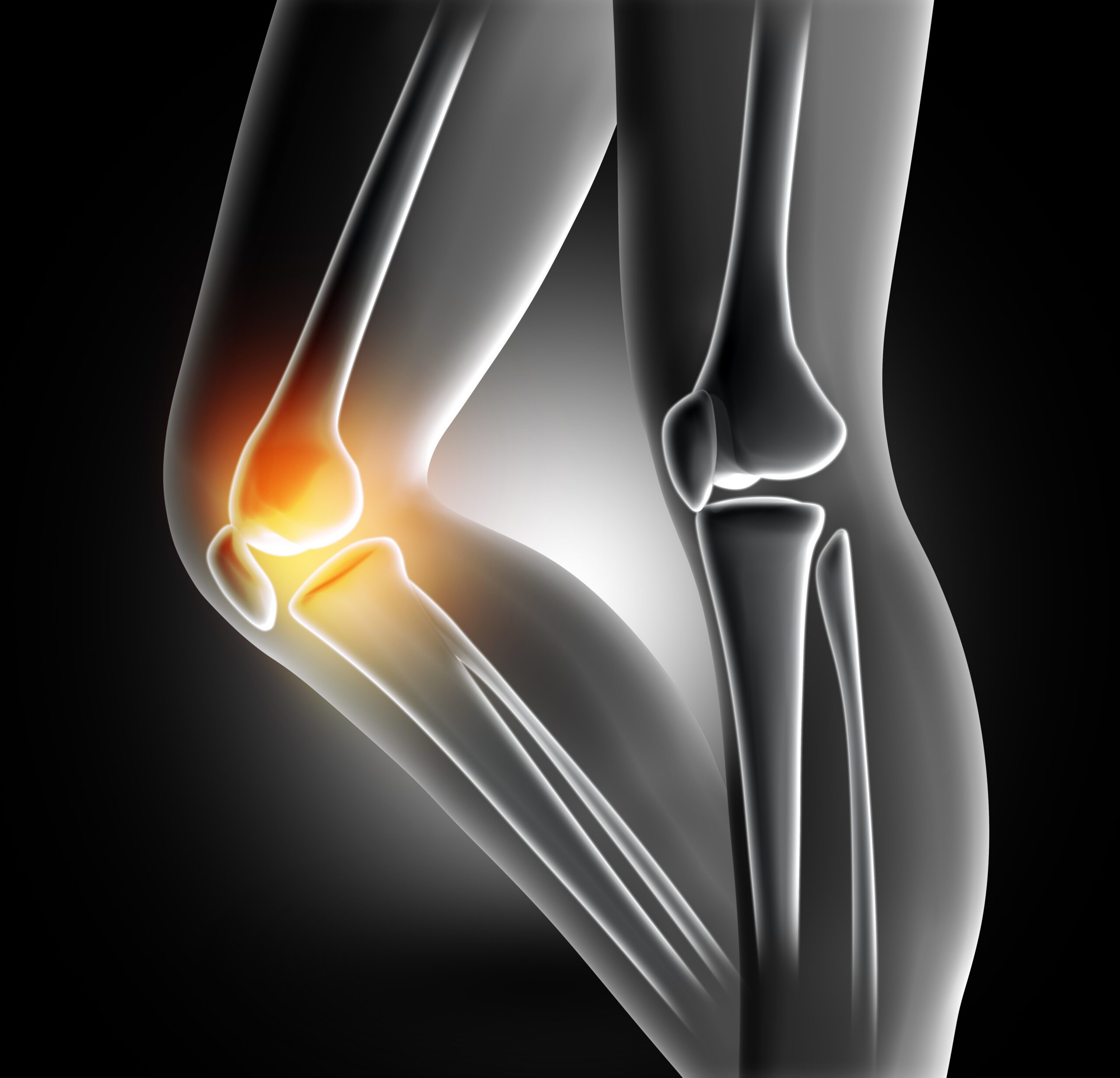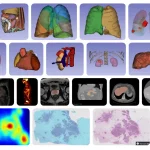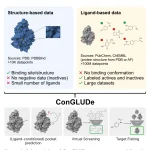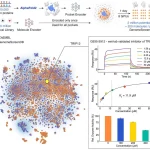Researchers from the Queen Mary University of London have shown that molecular profiling of diseased joint tissue can significantly impact whether specific medication treatments will work to treat rheumatoid arthritis (RA) patients.
The researchers also discovered certain genes linked to resistance to most available medications, a condition known as refractory illness, which could lead to the development of new, effective drugs to aid these people.
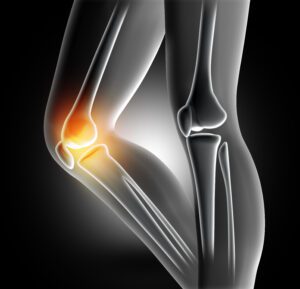
While significant progress has been made in the treatment of arthritis in recent decades, a considerable number of individuals (about 40%) do not react to specific drug regimens, and 5-20% of people with the illness are resistant to all existing kinds of medicine.
The researchers assessed the responses of 164 arthritis patients in a biopsy-based clinical study in which they were given either rituximab or tocilizumab, two medicines frequently used to treat RA.
Deep histopathological and molecular (RNA-sequencing (RNA-Seq) characterization of synovial tissue at baseline, as well as longitudinally in post-treatment biopsies at 16 weeks, were used to study the mechanisms of response and nonresponse to these two targeted biologics.
The results of the initial experiment, which was published in The Lancet in 2021, showed that just 12% of patients with a low synovial B-cell molecular signature reacted to a B-cell-targeting therapy (rituximab), while 50% responded to an alternate medication (tocilizumab). Both drugs were equally effective when patients had high levels of this genetic characteristic.
The Queen Mary team looked at cases where patients did not respond to treatment via any of the drugs and discovered 1,277 genes that were unique to them specifically as part of the first-of-its-kind study, which was funded by the Efficacy and Mechanism Evaluation (EME) Programme, an MRC and NIHR partnership.
Based on this, the researchers developed computer algorithms that might predict drug response in specific patients using a data analysis technique called machine learning models. When compared to a model that just employed tissue pathology or clinical characteristics, the machine learning algorithms that used gene profiling from biopsies performed significantly better at predicting which medication would work best.
The study backs up the idea of using biopsies from arthritic joints for gene analysis before prescribing pricey biologic targeted therapy. This might save the NHS and society a lot of time and money and assist patients in avoiding potentially harmful side effects, joint injury, and worse outcomes. Such testing could not only influence treatment prescriptions, but it could also reveal which persons may not respond to any of the currently available therapies, emphasizing the need for new medications to be developed.
Incorporating molecular information prior to prescribing arthritis treatments to patients could forever change the way we treat the condition. Patients would benefit from a personalized approach with a far greater chance of success than the trial-and-error drug prescription that is currently the norm.
These results are incredibly exciting in demonstrating the potential at our fingertips, however, the field is still in its infancy and additional confirmatory studies will be required to fully realize the promise of precision medicine in RA.
The results are also important in finding solutions for those people who unfortunately don’t have a treatment that helps them presently. Knowing which specific molecular profiles impact this, and which pathways continue to drive disease activity in these patients, can help in developing new drugs to bring better results and much-needed relief from pain and suffering.
Professor Costantino Pitzalis, Versus Arthritis Professor of Rheumatology at the Queen Mary University of London
It will be important to incorporate these signatures into future diagnostic tests in order to transfer these discoveries into ordinary clinical care.
Story Source: Rivellese, F., Surace, A.E.A., Goldmann, K. et al. Rituximab versus tocilizumab in rheumatoid arthritis: synovial biopsy-based biomarker analysis of the phase 4 R4RA randomized trial. Nat Med (2022). https://doi.org/10.1038/s41591-022-01789-0 https://www.qmul.ac.uk/media/news/2022/smd/new-study-shows-genes-can-predict-response-to-arthritis-treatment-and-paves-the-way-for-future-drug-development.html
Dr. Tamanna Anwar is a Scientist and Co-founder of the Centre of Bioinformatics Research and Technology (CBIRT). She is a passionate bioinformatics scientist and a visionary entrepreneur. Dr. Tamanna has worked as a Young Scientist at Jawaharlal Nehru University, New Delhi. She has also worked as a Postdoctoral Fellow at the University of Saskatchewan, Canada. She has several scientific research publications in high-impact research journals. Her latest endeavor is the development of a platform that acts as a one-stop solution for all bioinformatics related information as well as developing a bioinformatics news portal to report cutting-edge bioinformatics breakthroughs.
- Dr. Tamanna Anwar
- Dr. Tamanna Anwar
- Dr. Tamanna Anwar
- Dr. Tamanna Anwar
- Dr. Tamanna Anwar
- Dr. Tamanna Anwar
- Dr. Tamanna Anwar
- Dr. Tamanna Anwar
- Dr. Tamanna Anwar
- Dr. Tamanna Anwar
- Dr. Tamanna Anwar
- Dr. Tamanna Anwar
- Dr. Tamanna Anwar
- Dr. Tamanna Anwar
- Dr. Tamanna Anwar
- Dr. Tamanna Anwar
- Dr. Tamanna Anwar
- Dr. Tamanna Anwar
- Dr. Tamanna Anwar
- Dr. Tamanna Anwar
- Dr. Tamanna Anwar
- Dr. Tamanna Anwar
- Dr. Tamanna Anwar
- Dr. Tamanna Anwar
- Dr. Tamanna Anwar
- Dr. Tamanna Anwar
- Dr. Tamanna Anwar
- Dr. Tamanna Anwar
- Dr. Tamanna Anwar
- Dr. Tamanna Anwar
- Dr. Tamanna Anwar
- Dr. Tamanna Anwar
- Dr. Tamanna Anwar
- Dr. Tamanna Anwar
- Dr. Tamanna Anwar
- Dr. Tamanna Anwar
- Dr. Tamanna Anwar
- Dr. Tamanna Anwar
- Dr. Tamanna Anwar
- Dr. Tamanna Anwar
- Dr. Tamanna Anwar
- Dr. Tamanna Anwar

